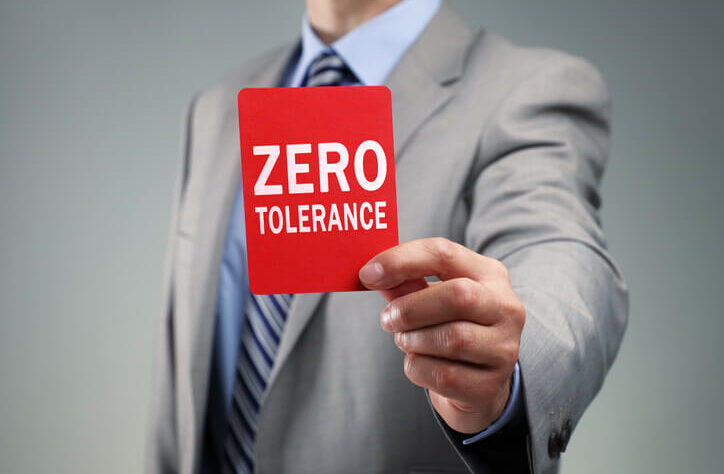
New York City’s comprehensive anti-harassment law helps to foster a safe and respectful workplace, essential for both employers and employees. By setting clear standards and legal guidelines, it underscores the importance of a harassment-free environment.
At Lipsky Lowe, we provide employers with actionable advice on establishing robust policies and procedures that not only comply with the law but also promote a culture of respect and safety. In this blog, we discuss the applicable anti-harassment provisions under New York City law and offer tips on best practices to prevent harassment in the workplace.
The NYCHRL in a Nutshell
The New York City Human Rights Law (NYCHRL) is an essential framework designed to combat workplace harassment. It defines and prohibits a range of behaviors that can create a hostile work environment. Key elements include:
- Unwelcome conduct based on an individual’s protected characteristics.
- Verbal abuse or derogatory comments.
- Unwanted physical contact or threatening behavior.
This law plays a pivotal role in promoting dignity and respect in the workplace. It ensures that all employees, regardless of their background or identity, are protected from harmful behaviors, establishing a baseline for a healthy work culture.
Additionally, the NYCHRL is notable for its broad coverage and inclusive definitions. It extends protections to various groups, encompassing:
- Discrimination based on gender, race, sexual orientation, and other characteristics.
- Retaliation against employees who report harassment.
- Harassment by supervisors, coworkers, and even non-employees in certain situations.
The law’s inclusive scope emphasizes the importance of a comprehensive approach to workplace harassment. By covering a wide range of scenarios and individuals, the NYCHRL ensures that workplaces remain safe and respectful.
Important Amendments to the NYCHRL
In 2019, the NYCHRL underwent significant amendments to strengthen its anti-harassment provisions. These changes were pivotal in enhancing protections for employees and clarifying the responsibilities of employers. Key amendments included:
- Lowering the burden of proof for harassment claims, shifting from a “severe and pervasive” standard to harassment that exceeds “petty slights and trivial inconveniences.”
- Expanding the coverage to include all employers, regardless of size, and extending protections to non-employees like contractors and vendors.
- Limiting employers’ defenses, notably the Faragher/Ellerth defense, making it insufficient for an employer to simply provide internal complaint procedures.
- Introducing punitive damages and attorney’s fees awards for prevailing plaintiffs in harassment cases.
- Extending the statute of limitations for filing sexual harassment claims from one year to three years.
- Implementing restrictions on the use of nondisclosure agreements and mandatory arbitration in harassment and discrimination cases.
These amendments make the NYCHRL one of the most comprehensive and employee-friendly anti-harassment laws in the United States. They emphasize the importance of proactive measures by employers to prevent harassment and ensure a respectful and inclusive workplace.
Legal Consequences of Noncompliance
Non-compliance with the New York City Human Rights Law’s anti-harassment provisions can lead to significant legal consequences for employers. These include substantial financial penalties, with the potential for punitive damages in cases of proven harassment. Employers may also face legal suits, damaging their reputation and causing long-term harm to their business.
Best Practices for Preventing Workplace Harassment
Adopting best practices for preventing workplace harassment is essential for employers in New York City. These practices not only ensure compliance with the law but also contribute to a positive work environment. Key practices include:
- Regularly updating and providing comprehensive training on anti-harassment policies to all employees.
- Establishing clear, confidential reporting mechanisms for harassment complaints.
- Ensuring a transparent, impartial investigation process for any reported incidents.
Implementing these practices demonstrates an employer’s commitment to a respectful and safe workplace. It also minimizes the risk of legal repercussions and fosters a culture of trust and inclusivity among employees. Employers should actively engage in these best practices to create a harmonious and legally compliant work environment.
The Takeaway
Understanding and adhering to New York City’s anti-harassment law is crucial for every employer. Doing so ensures not only legal compliance but also cultivates a respectful and secure workplace environment. Employers who proactively embrace these laws demonstrate their commitment to their employees’ well-being and the overall health of their organization. If you’re seeking to navigate these legal waters effectively, turn to Lipsky Lowe for informed legal guidance.

